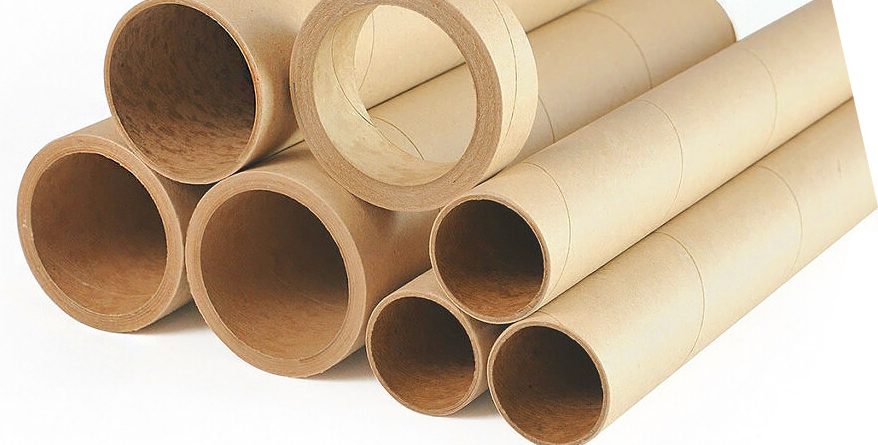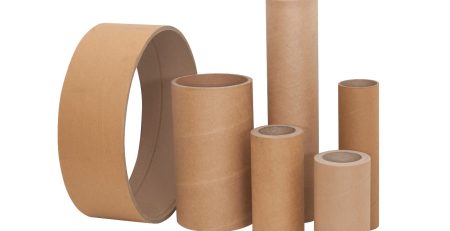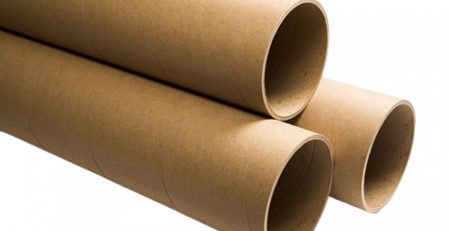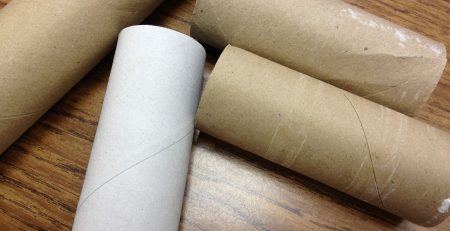Bobbin production, requiring specialized machines and advanced technologies for the precise winding of materials in specific lengths and consistent patterns, is a crucial aspect of various industries. This article aims to explore the role and significance of the machines and technologies employed in bobbin production.
1. Winding Machines
One of the fundamental machines used in bobbin production is the winding machine. These machines are responsible for ensuring materials are wound in specific lengths and uniform patterns. Factors such as winding speed, tension control, and the regularity of winding significantly impact the quality of these machines.
2. Measurement and Control Systems
Precise measurement and control systems play a crucial role in bobbin production. Torque sensors, length measurements, and automation systems ensure accuracy and precision during winding. These systems are pivotal in verifying the compliance and quality of the products.
3. Automation and Robotic Technologies
In recent years, the utilization of automation and robotic technologies in bobbin production has seen a notable increase. Robotic arms enable the automation of processes, minimizing human intervention and enhancing production efficiency. These technologies offer advantages in rapid and precise manufacturing.
4. Advanced Materials and Design Technologies
Advancements in materials and design technologies contribute significantly to enhancing the quality of bobbin production. The use of novel materials improves durability and performance, while innovative design technologies optimize manufacturing processes.
5. Data Analytics and Industry 4.0 Integration
Data analytics, within the framework of Industry 4.0 principles, holds immense importance in bobbin production. Analyzing production data facilitates process improvements and enhances efficiency.
Conclusion
The machines and technologies employed in bobbin production play a critical role in determining the quality, efficiency, and accuracy of the products. The adoption of advanced technologies results in more precise measurements, automated processes, and improved production standards, effectively meeting industrial demands.






